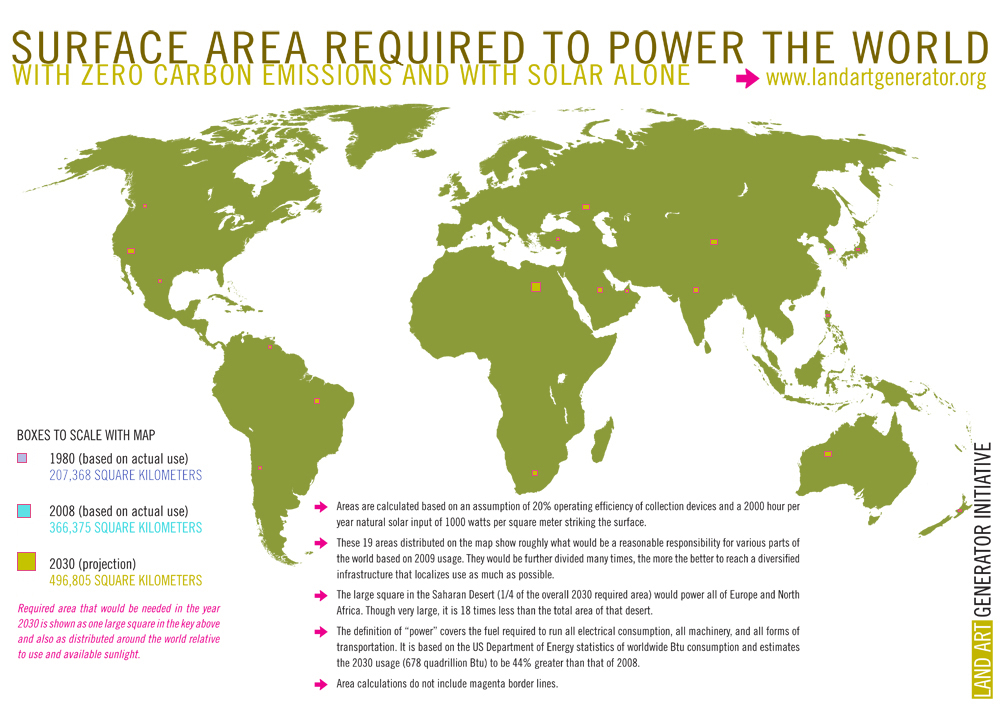After browsing the the websites of
http://www.23andme.com/ and
http://www.navigenics.com/, I am really amazed that there is a competitive, viable market for personal genotyping. These services (just two of a whole emerging online market) both offer what seems at first glance to be quality genotyping services, but I'll concentrate just on 23andme's product since it is much more affordable (ranging from $99 to $399) compared to navigenics ($999, expensive but seems more robust).
So what is personal genotyping? Why get it done? Well, first of all let me explain the difference between genotyping and sequencing. Genotyping is the process of identifing genetic variants within a genome, in this case using
SNPs. This process is just finding a small fraction of regions in your DNA and comparing them to historical medical data. Now sequencing on the other hand is laying out all the A, T, G, C's for a large region or whole genome. For a more in depth but easy to follow tutorial on this I really recommend
PBS Nova's flash shows (a little outdated though, but informative none the less). Sequencing is a lot more robust, expensive, and time consuming, but apparently, according to Ivan from
scientificsolutions there is a new company out there that will sequence your whole genome for $5000.
The benefits of genotyping your own DNA is arguable. In fact, everything I have read seems pretty inconclusive one way or the other. Regardless, the ablitly to analyze your own DNA against ever-growing medical data of known mutations of certain genes would mean you can see, within reason, if you have a high probability of a developing a specific genetic condition. Of course, this is not a diagnosis, but may help you predict such diseases as Crohns Disease, Type II Diabetes, and BRCA Cancer Mutations (and over a hundred more, but some are pretty obvious without the testing).
The sites also offer you the ability to compare you data to other people, whether that be family data (but they warn you that you may find out your adopted, lol) or you can just compare against friends to see who is the most genetically superior!
UPDATE: here is a related article regarding why you may not ever want to get this done. Insurance companies could deny you based on a genetic predisposition to a certain disease!






